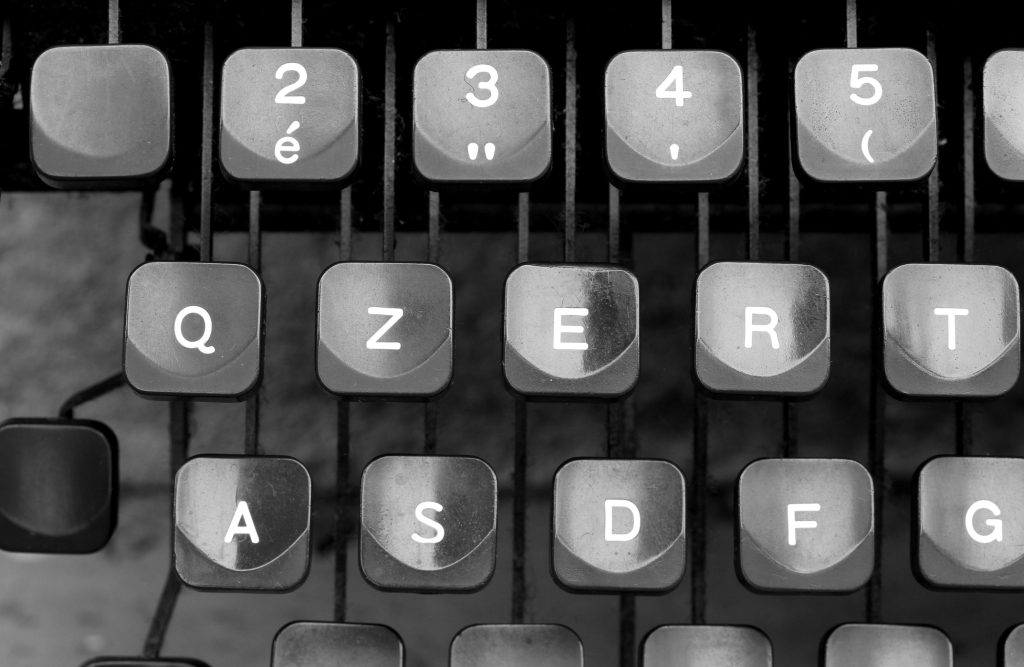Court reporters are making their way back into court rooms, mediations, meetings, and even interviews in the digital age, for reasons most people may already know.
With technology advancing every day, you’d think that it would begin to take over all of our jobs. That may be the case for some industries, but for court reporting, technology still faces a number of challenges that is making the human aspect the most important part of keeping records of proceedings.
Digital Audio Recorders
When you decide to use digital audio and video recorders for your meeting, there are a number of things that can go wrong. First off, when deciding to go with a recorder to document the audio and possibly video, the venue with which the meeting is taking place may not supply the hardware, which means the cost of the equipment would come out of your own pocket.
In addition to owning and operating your own equipment, you would also be responsible for making sure that:
- Equipment is properly maintained and not faulty
- Equipment is charged and/or has back up power supply
- Equipment has enough space to keep the recordings
- Recordings will be clear, precise, and undisturbed
- You produce and supply all parties with a transcript or copy of recordings if requested
- Back up plan if the system malfunctions
Unfortunately, when you use digital recorders you also do not know how well the final product will turn out until you are reviewing the audio and/or video after the fact, even if you tested the equipment out moments before use.
In the end, using your own equipment can end up being a costly and stressful process, not only for yourself but all of the parties involved. If your equipment fails, you’ll have to purchase new equipment, and when it comes to producing transcripts, you will have to send your recordings out at a higher cost than you’d find with a court reporter who can offer transcription services as part of their fee, or an additional charge.
Using a Court Reporter
Using a court reporter provides many advantages, especially in comparison to deciding to go with your own equipment attempting to record proceedings on your own.
Court reporters provide one major thing that the technology doing the same job does not provide, the human portion.
With a human sitting behind a keyboard documenting every little thing that occurs, if something happens to go wrong, it can be fixed instantly, ensuring that what is being documented is 100 per cent accurate, every time.
For example, when you hire a court reporter, you have the confidence of knowing that they have been trained to do this specific task. They are educated and capable to type at 225 wpm (at least) using specialized machines called stenography machines. Also, unlike technology, if court reporters run into any issues while typing, they have the ability to ask the participants to repeat themselves to make sure they can be as accurate as possible. This makes the job of being a court reporter an engaging, active role rather than a piece of technology that would sit there in silence in a passive role, unable to interrupt if it requires attention.
Additionally, court reporters also benefit the parties involved in real-time. If someone such as a judge or lawyer request something to be read that was previously said, the court reporter can pull it up and immediately provide them with the requested information. Afterwards, when the meeting, trial, or mediation is over, depending on the certifications and abilities of the court reporter, they may offer transcription services and would be able to provide all parties with a transcript of the entire proceeding – something that a piece of technology cannot provide.
Using a court reporter can take the stress and hassle of using your own devices away because when you use court reporting services, you know that everything will be taken care of, and will be 100 per cent accurate, every time. Trusting technology to do a job that requires 100 per cent accuracy may not be the best move for a professional relying on the recording and transcript, to make.
As we noted in a previous blog, according to the Court Reporters Association of Ontario, court reporters are “duty bound to not only protect the integrity of the record, but to always remain impartial and maintain an arms-length, independent relationship from influence that may be put upon them.”
For individuals considering a career in court reporting and would like to learn more, please read our previous posts:
March 20, 2017: What You Need to do to become a Court Reporter
September 28, 2016: Considering a Career as a Court Reporter?
Court reporters are in high demand, enjoy a secure career with great opportunities for advancement and income growth, and take part in a dynamic, rewarding industry. If any of the above speaks to you and your ambition, we would encourage you to consider a career in court reporting, and perhaps a position with OTR.
At On The Record Court Reporting we have court reporters who are dedicated and extremely good at what they do. In addition to our court reporting service, we offer transcription services, as well as boardroom rentals at competitive rates. We offer a very friendly, safe, and quiet environment to conduct your business. Whether it is a meeting or mediation, we are here to help make it as stress free as possible. If you are in need of a boardroom or court reporter, please visit our website to book one today. We also have optional catering available upon request.
For more information regarding court reporting services, please visit our website https://www.otr.report/.

